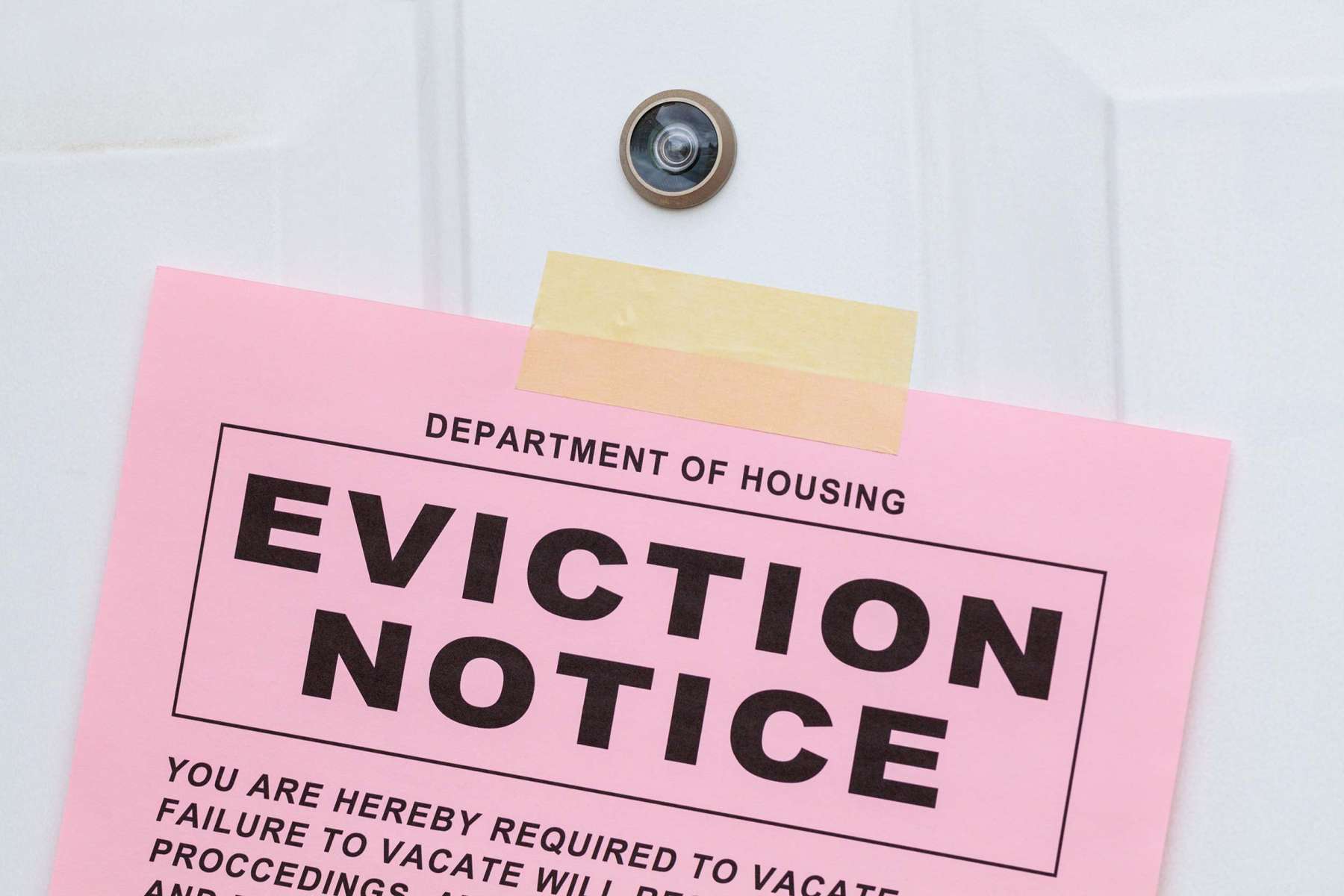Eviction Lab’s new report on Rhode Island evictions shows alarming trends
The Eviction Lab at Princeton University is now tracking evictions in Rhode Island and Providence. There have been 16,294 evictions filed in Rhode Island since March 15, 2020.
February 10, 2023, 4:14 pm
By Steve Ahlquist
The Eviction Lab, a housing research center based in Princeton University, now has eviction filing data, updated monthly, for Rhode Island and the City of Providence. The most recent state data, which is likely an undercount due to processing delays, is 98 evictions filed between January 29 and February 5. The two weeks prior saw 238 and 152 evictions filed.
There have been 16,294 evictions filed in Rhode Island since March 15, 2020.
[Note: This story has been corrected. Earlier, the Eviction Lab site was showing much larger and entirely inaccurate eviction rates. Uprise RI has screen shots of these earlier, incorrect numbers.]
You can access Rhode Island’s eviction filing tracking here and Providence’s eviction filing tracking here.
Elected leaders in Rhode Island have known about this issue or years, but have been slow to take effective action. The National Low Income Housing Coalition (NLIHC) and Homes RI released a report in March 2021 warning that there are 45,103 extremely low-income households in Rhode Island, but only 23,425 affordable rental homes available to them. Homes RI called for an eviction moratorium upon the report’s release, but Rhode Island Governor Daniel McKee declined to take that action.
In June 2021 the NLIHC released the 2021 Out of Reach report, which showed that affordable rental homes continue to remain out of reach for average Rhode Islanders.
HousingWorksRI issued a report in October 2022 detailing the state’s failure to deal with the issues of housing, evictions and homelessness. The 2022 Housing Fact Book noted that:
- Throughout 2021 Rhode Island’s housing affordability crisis worsened;
- Rhode Island is the only New England state where multifamily construction declined;
- More than a third of Rhode Island households are cost burdened;
- More than 1 in 5 renters pay over 50% of their income in housing costs;
- There has been a 105% increase in those who are chronically homeless and unsheltered;
- While formal eviction filings with the court have decreased for nonpayment of rent, eviction filings for other reasons have risen by as much as 94%; and,
- informal evictions may outstrip formal evictions by a factor of five. That is, for every formal edition handled legally by the court, there are five informal evictions happening.
Evictions are, of course, one of the leading ways in which people find themselves unhoused and needing to access shelters and warming centers. As the chart shows, once the moratorium on evictions enacted during Covid was lifted, eviction filings spiked, and have continued to rise steadily since.

In December of 2022 Governor McKee was actively doubting the number of unhoused people in Rhode Island, saying that advocates were supplying “misinformation” and that there was no way to verify the existence of 80 homeless encampments and over 500 unhoused people. More recently, in response to a piece in the Wall Street Journal and after at least 15 people have died while unhoused this year in Rhode Island, the Governor has changed his tune slightly, saying, “I haven’t read the Wall Street Journal, but if they’re saying there’s a homelessness issue nationally, in New England and Rhode Island, I would agree with that.”
While Governor McKee finds his way towards understanding the true extent of the homelessness epidemic in the state – while also claiming that Rhode Island staged the best economic recovery in New England – thousands of people are facing eviction and thousands more are a paycheck away.






